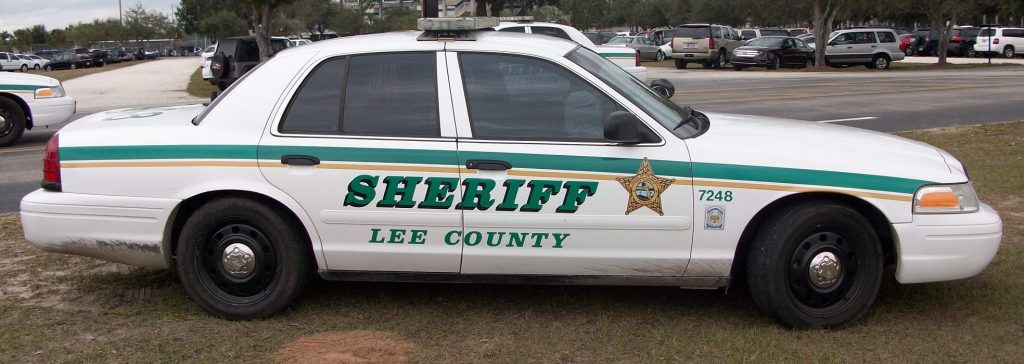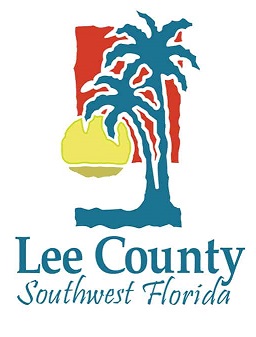
After Florida passed HB 1419 to deal with deed fraud in the state, Lee County Clerk Kevin Karnes announced a new requirement for filing a property deed. As of August 2023 and onward, you’ll need a government-produced photo ID if you expect to file a deed in Lee County.
Why specifically there? Because Lee County, whose county seat is Fort Myers, is running the state’s anti-fraud pilot program.
Let’s talk about ID verification, and some questions experts are asking about Florida’s new deed-fraud prevention law more generally.
Blocking the Invasion of the Deed Snatchers
Kevin C. Karnes, an elected official, holds the title Clerk of the Circuit Court. The Clerk is also the County Recorder and Clerk of the Board of County Commissioners, and Lee county’s Comptroller, Treasurer and Auditor. Karnes says the reason for the new ID rule is to position the state’s deed recorders to turn information over to law enforcement if there’s a reason to suspect deed fraud.
Everyone named on a deed now has to be verified prior to recording, whether in-person or by mail. Karnes hopes this new ID requirement will slash Lee County’s fraud statistics.
What about e-filings? It’s mainly title professionals who e-file deeds. These filings will be addressed at a later date, as the county’s software is modified for the purpose.
Deed Fraud Can Cause “Irreparable Damage”
When some scoundrel comes along and snatches a homeowner’s identity to transfer a deed, and the fraudulent document gets recorded in the county records, that’s a major problem. Once it’s recorded, the ownership, for legal purposes, has transferred. The deed might be transferred yet again to distance the culprit from the original act of fraud. Sometimes, innocent buyers accept deeds with fraud in the chain of title. Fraudulent deeds are an absolute mess.
☛ Is title insurance a remedy for a fraudulent transfer that happened in the past? Does it matter if it’s a standard policy or an extended policy? Read more at the link, right here on Deeds.com.
According to the Lee County Sherriff’s Office August 2023 fraud alert:
[A]s these criminal acts are often undiscovered until attempting to sell or refinance your property, the fraud can result in irreparable damage.
Even if it can be cleaned up in court, it will be expensive and stressful to do it.
New Service: The County Clerk’s Property Fraud Alert

As many other counties across the country are doing, Lee County is now offering an automatic fraud alert service for homeowners. The service is free of charge. Property owners (in any county that offers the alert service) need to sign up.
The Lee County Clerk’s property fraud alerts tell homeowners whenever the Clerk records a document in the owner’s name. The alert comes within 24 hours.
The alert system doesn’t prevent a deed from being recorded. But it does give the homeowner a chance to get law enforcement on the case before other people get swindled. Also, when suspicious activity is quickly reported to investigators, cases are more likely to ultimately be resolved in favor of the victims.
Owners can sign up for any real estate for which they hold titles. The alerts cover not just personal residences, but also investment and business properties.
And Lee County’s service goes a step further. People who don’t own real estate can also make use of it, as it will send messages about any documents the Clerk records under their names.
Lee County’s Already-Established Requirements for Recording Documents
If you’re filing a deed or other legal document with the Clerk of Lee County, Florida, you’ll want to make sure your paperwork is properly recorded, without any excess delay or costs. The rules for filing are:
- Every document needs a 3×3-inch blank square on the top right, for official use. Otherwise there’s a fee for adding a page.
- Date your document. So that your document copies well, be sure it’s legible. Typing or printing in black ink is acceptable.
- A deed must contain the deed preparer’s and the recipient’s addresses.
- The legal description on the deed must be precisely correct. Double-check name spellings before filing.
- Be sure to match the form and spelling of every name and signature on your document, and print or type the names under the signatures.
- A deed must have two witnesses for each signature.
- Obtain a notary public’s seal as required and be sure the notary has stated their name and the date their notary appointment expires, and described the form of identification used.
Finally, don’t forget to submit a stamped, self-addressed envelope. Write the name and complete address of the person who will get the recorded instrument back, on the other side of the document. Be sure to perfectly match the name and address on the envelope and back of the document.
What Other Changes Will Affect Deed Filers Through Florida’s New Deed Fraud Law?
The date for HB 1419 to take full effect is January 1, 2024. In addition to new ID verification rules, this new deed law, created through Florida’s HB 1419, also means:
- Both of the witnesses on deeds have to state mailing addresses under their signatures. Some have been critical of this provision because witnesses may wish to protect their privacy.
- Florida will have a new statutory quitclaim deed form.
Martin Schwartz of the Miami-based Bilzin Sumberg law firm has questioned the need for the new quitclaim form, writing that the new form:
…appears to make the deeds impossible for a layman to understand. For example, instead of using the terms “seller” and “buyer” or “grantor” and “grantee” the form uses “the party of the first part” and “the party of the second part” respectively.
Martin Schwartz says that much of the new deed form’s language “comes from the age of Robin Hood…instead of modern-day English” and asks: “Does this mean other non-statutory forms of quitclaim deeds will be invalid?”
What to Do If You’re Concerned About Filing a Deed
For case-specific questions about the new deed protection law in Florida, we recommend speaking with the county office or a real estate attorney.
And here is a list of frequently asked questions on filing a deed that pertain to all of us.
If you are a Lee County Floridian who’s dealing with what looks like a case of property fraud, call the Sherriff’s non-emergency line: 239.477.1000.
Supporting References
Clerk of the Court and Comptroller Kevin C. Karnes, Lee County, Florida: Requirements for Recording Documents.
Martin Schwartz of the Bilzin Sumberg firm, via JDSupra.com: 2023 Florida Legislation On Real Estate Deeds (Jun. 27, 2023).
Lee County Sheriff’s Office (Fort Myers, Florida): Sheriff Carmine Marceno’s August Fraud Alert – Property Fraud (Aug. 2023).
LehighAcresCitizen.com (Cape Coral, FL): Lee Clerk Announces New Requirements for Buyers and Sellers When Filing Property Deeds (Jul. 25, 2023; reporting information issued by the Lee County Clerk’s office).
And as linked.
More on topics: Forgery, Fraud alerts, Florida
Photo credits: Lee County (FL) Sheriff’s Office patrol car by Niteshift36, via Wikimedia Commons, licensed under CCBY-SA 3.0 Unported (cropped from original); unofficial Lee County flag design from IndysNotHere, licensed under CC BY-SA 4.0 Int’l.
